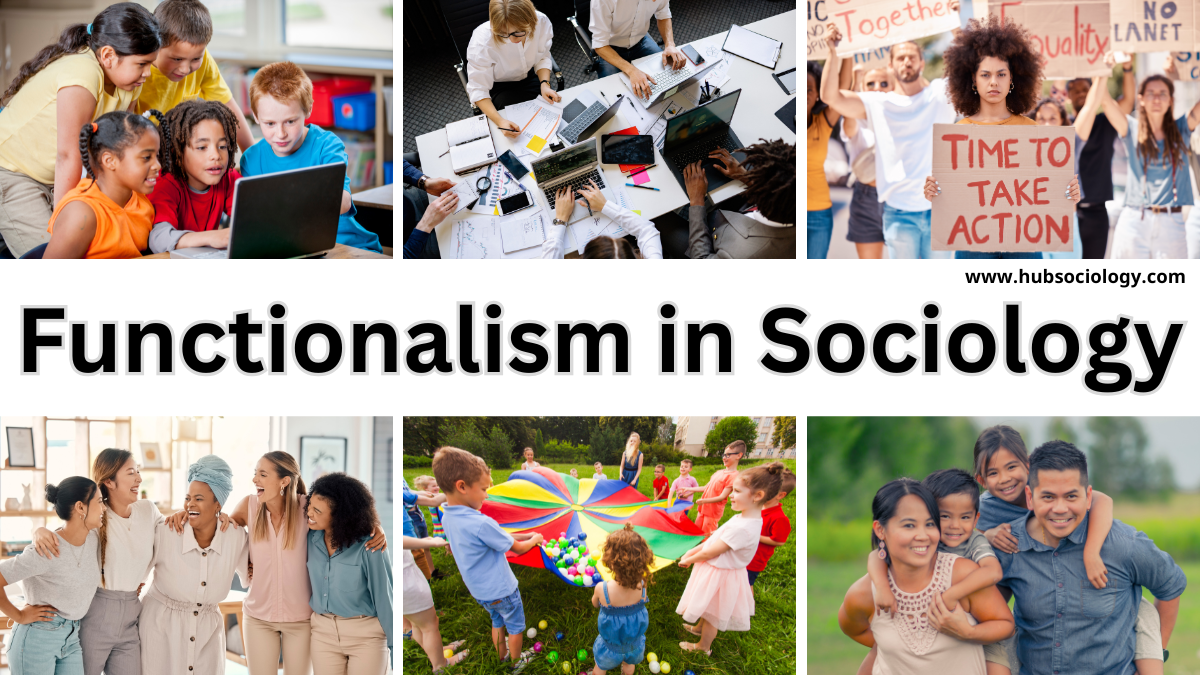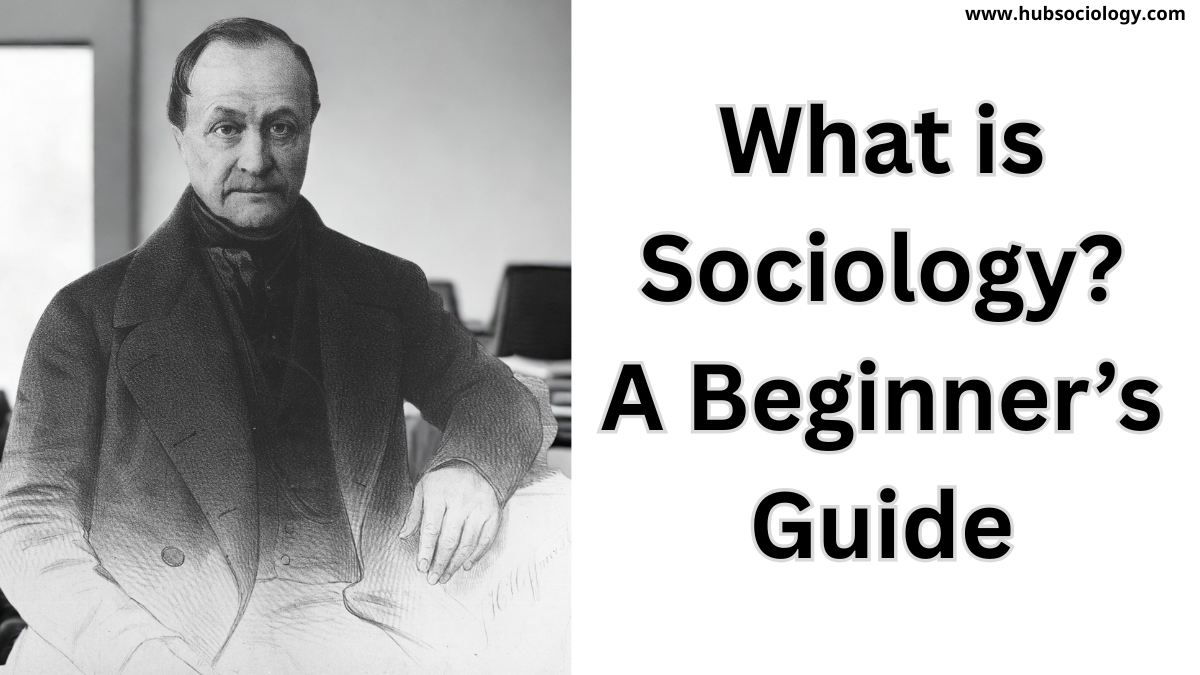Exploring the Major Branches of Sociology
Introduction on Branches of Sociology The scientific study of society, interpersonal connections, and human behavior in social settings is known as sociology. As a broad discipline, it encompasses various branches that examine different aspects of social life, institutions, and interactions. These branches of sociology allow sociologists to specialize in specific areas, providing deeper insights into … Read more









